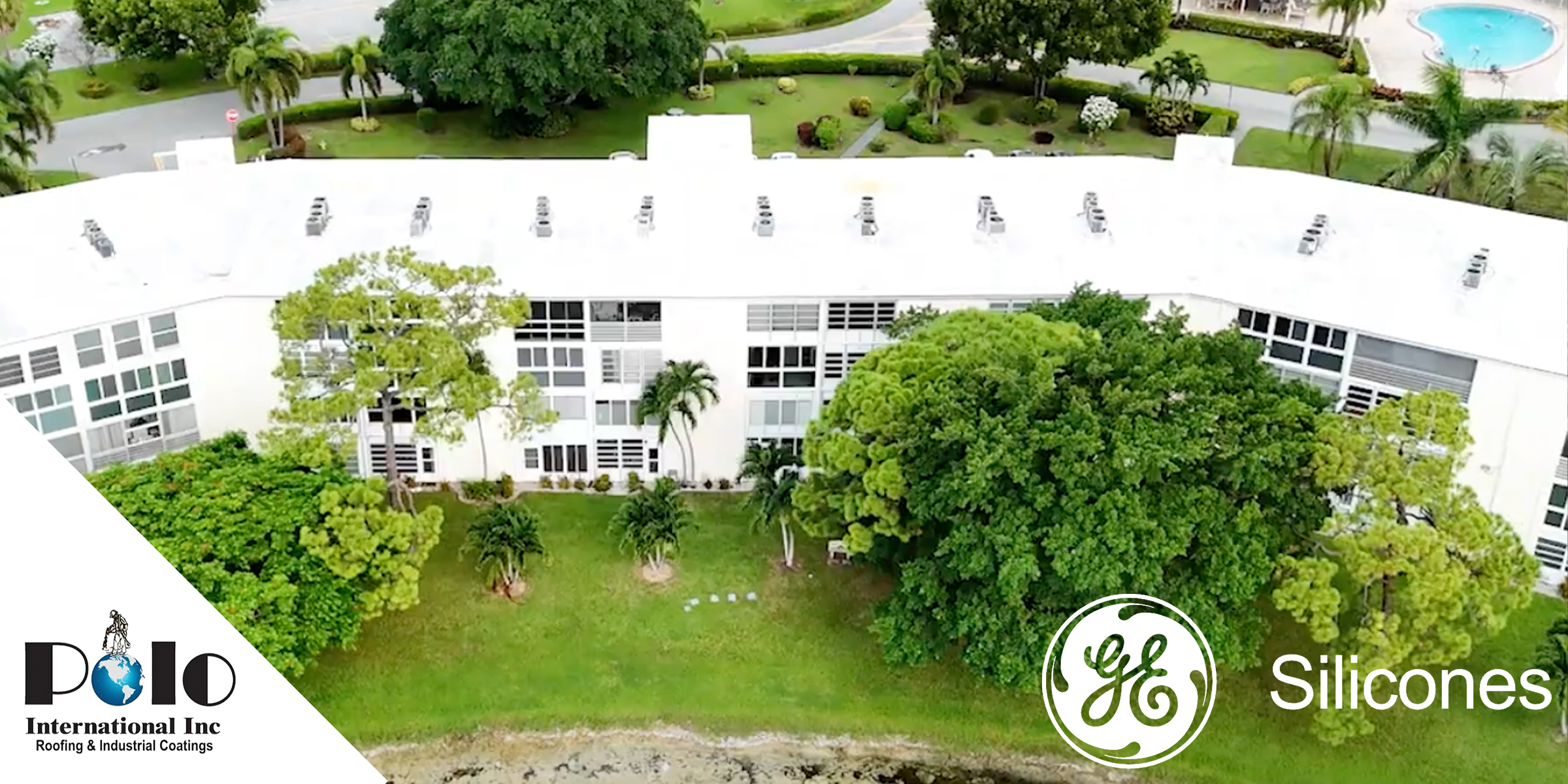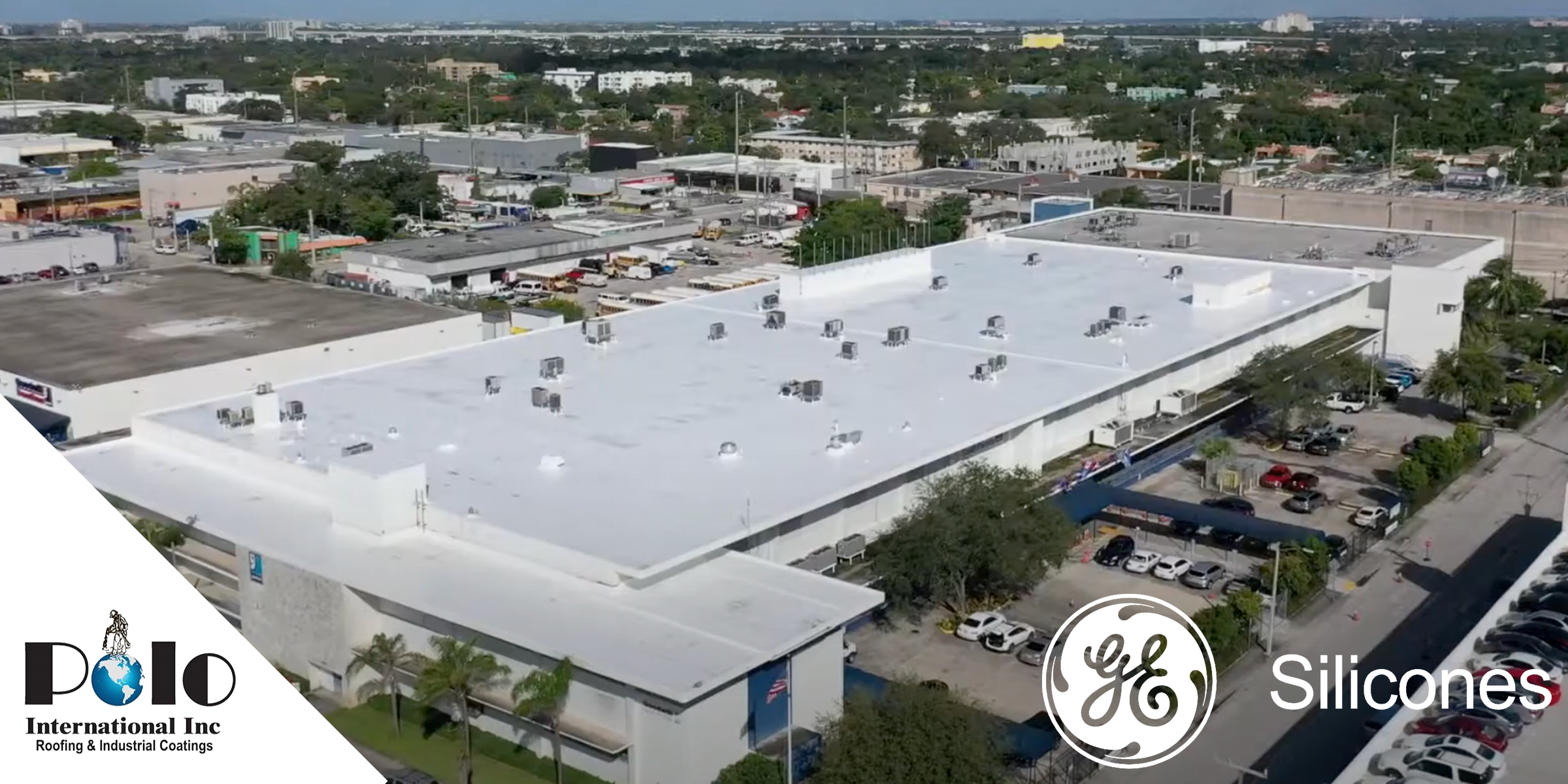
Is Your Commercial Roof Ready for Winter Weather Challenges?
As temperatures drop and snowfall increases, implementing effective winter roof protection strategies becomes critical for maintaining the integrity and efficiency of commercial buildings. Spray Polyurethane Foam (SPF) coatings provide a seamless, waterproof barrier that stabilizes internal temperatures while protecting roofs from the harshest winter conditions.
SPF coatings offer superior insulation, reducing heating costs by minimizing energy loss. This makes them an excellent choice for property owners focused on long-term roof performance and energy efficiency. Unlike traditional methods, SPF installation is quick, less intrusive, and causes minimal disruption to business operations.
Incorporating SPF coatings as part of your winter roof protection strategy ensures durability and longevity. By acting proactively before the cold weather sets in, property managers can secure cost-effective, energy-efficient solutions tailored to withstand extreme winter conditions.
Preparing Your Roof for Winter With SPF Coatings
Preparation is key to effectively winterizing your roof with SPF coatings. The process begins with a thorough seasonal roof inspection to identify damage, such as cracks or punctures, particularly at seams and penetrations. Timely repairs are crucial, as the foam must adhere directly to an intact surface for maximum effectiveness.
After inspection, clean the roof thoroughly by removing dirt and debris. Start with a broom or air blower for loose debris and follow up with a pressure washer for deeper cleaning. The surface must be completely dry to ensure optimal foam adhesion during application.
Weather conditions play a significant role in the success of the application. Ideal conditions are dry weather with temperatures between 50°F and 80°F. Avoid extremely cold or windy days, as these can compromise the foam’s curing process and overall performance.
Proper tools and safety equipment are essential. This includes calibrated spray guns, mixing equipment, and protective gear for the application team. A pre-application check ensures equipment is functional, reducing the risk of errors.
To minimize disruptions, coordinate application schedules with building operations and inform tenants or staff about temporary access changes. Professional application by trained technicians is highly recommended to meet industry standards and maximize the durability of SPF coatings.
Benefits of SPF Coatings for Winter Protection
SPF coatings provide a durable insulating barrier that enhances a roof’s resilience to extreme winter conditions. Key benefits include:
- Thermal Insulation
SPF’s high R-value ensures temperature stability by minimizing heat loss, reducing energy consumption, and lowering heating costs. - Seamless Weatherproofing
The foam’s seamless application eliminates vulnerabilities such as joints and seams, creating an effective barrier against snow and moisture. - Long-Term Durability
SPF resists the effects of freeze-thaw cycles, preserving the roof’s structural integrity and reducing maintenance needs. - Energy Efficiency
By improving insulation and regulating indoor temperatures, SPF lowers utility bills and reduces the building’s carbon footprint. - UV and Damage Protection
Applying a protective topcoat enhances SPF’s lifespan by shielding it from UV radiation and reducing cooling costs during warmer months.
Ensuring Professional Application
Professional application ensures proper inspection, cleaning, priming, and application of SPF coatings. Technicians carefully monitor curing conditions and achieve precise thickness for maximum insulation and structural performance. A topcoat adds a layer of UV protection, extending the foam’s durability.
Regular inspections and energy audits after installation help confirm the effectiveness of SPF, ensuring that your roof continues to deliver superior insulation and weather resistance through each winter season.
FAQ
When is the best time to apply spray foam coatings?
The optimal time for applying spray foam coatings is during warmer months, from late spring to early fall. This ensures the foam has sufficient time to cure before winter sets in.
How does spray foam prevent winter damage?
Spray foam creates a seamless, insulating barrier that prevents heat loss and water infiltration. This protects roofs from damage caused by snow, ice, and freeze-thaw cycles.
What are some summer roof maintenance tips?
Conduct regular inspections for damage, clear debris to prevent drainage issues, and address repairs promptly. Scheduling professional assessments ensures early detection of problems, keeping your roof in top condition year-round.
By implementing these strategies and investing in SPF coatings, commercial roofs are better equipped to endure the stresses of winter, ensuring long-term durability and significant economic benefits.




